Apologetics 101: Having an Argument for the Existence of God
The Scene: Monday morning, your cubicle at work. You’re enjoying the last of your Starbucks joy-in-a-cup while reading your emailed daily devotion. You’re the first one in to the office, so all is quiet.
<Sound of door opening and closing. Footsteps somewhere behind.>
Coworker Joe: Hey, how’s it going?
You: Oh, morning Joe. I’m well, how about you?
Joe: Hating that it’s already Monday. Ugh.
<Joe throws down his briefcase and car keys in the next cubicle over, wheels his desk chair over to yours, and slurps his coffee noisily>
Joe: You’re not working already, are you? It’s not 9 yet.
You: No, I was just having some quiet time, reading a little devotional before it gets crazy in here.
Joe: What’s a devotional?
You: Oh…well…it’s like a mini Bible study type of thing. It has a few verses of scripture with a short commentary.
Joe: Hum. Here’s the only “devotional” you really need: Life is short. Party a lot, ’cause eventually you die. That’s it. I don’t buy into the whole God-business.
You: Oh. Why is that, Joe?
Joe: I’m a realist. If modern science ever proves there’s a God, I’ll rethink things. I don’t trust an old book that’s been re-copied and changed over thousands of years. Don’t get me wrong; if it makes you feel better to believe it, I say good for you. But it’s not for me.
You: Uh…okay…well…hmmm… So, how about those Cowboys yesterday?
<Fade to black.>
Ever found yourself in a scenario similar to this one? I have, multiple times over the course of my adult life. Like the character in the above dialogue, I failed. Miserably. I can still recall the names and faces of all the “Coworker Joes” that came and went in my life before I left my career to be home with my children during their preschool years. It is the haunting memory of my failures to give a reasoned response to those who sneered at my faith that eventually led me into what I believe to be my calling in apologetics education. At this point, I can only pray for those that crossed my path in years past, but my mission in life now is to make sure I’m better equipped and to encourage and empower others to equip themselves.
What I didn’t know way back when, and what you may not know now, is that there are excellent answers we can give to skeptics who don’t believe the Bible to be true (much less divinely inspired) about the existence of God. In this post, I’d like to focus specifically on one easy-to-learn argument that you can use in most any circumstance. (In a future post, I’ll present another stand-alone yet supplementary argument.)
The Kalam Cosmological Argument
The overwhelming scientific consensus about the origin of our universe is that it is not eternal. In other words, it came into existence at some time in the past and is moving towards an ultimate end at some point in the future. There are several lines of evidence from astrophysics that make an excellent case for this. For example, we know from Edwin Hubble’s work that our universe is in a state of continual expansion, with the galaxies moving away from one another at a high rate of speed. In efforts to explain how our universe was first born, the event popularly known as the Big Bang, scientist have extrapolated backwards to estimate what triggered this Bang and what exactly went “bang.” The predominant view is that prior to the Bang there existed a tiny point of infinite heat and density known as the Singularity. Outside of this Singularity, there was no matter, no space and no time. Nothing. Then, the Singularity exploded (for some reason) and expanded into our universe.
Basically, it is important to know that scientific consensus says that the universe had a beginning in the finite past. There have been multiple attempts to construct a theory that circumvents the idea of an ultimate beginning of the universe. Suffice it to say that those theories are problematic, highly speculative, and not often (if ever) endorsed by leading astrophysicists. For further reading on this, see Paul Copan and William Lane Craig’s book, Creation out of Nothing: A Biblical, Philosophical, and Scientific Exploration.
Okay, so the universe (therefore all matter, space, and time) had a definite beginning. How, you may ask, does this get me anywhere with atheist Coworker Joe?
Enter: the Kalam Cosmological Argument:
1. Whatever comes into existence has a cause.
2. The universe began to exist.
3. Therefore the universe has a cause.
The big problem for a naturalistic explanation of the primordial singularity and the Big Bang is that the known laws of physical science don’t apply in a realm devoid of matter, space, or time. What we do know from experience is that nothing comes into existence out of nothing. William Lane Craig says, “To suggest that things could just pop into being uncaused out of nothing is to quit doing serious metaphysics and to resort to magic” (Reasonable Faith, p. 111).
From this, it is reasonable to deduce that there was, by necessity, a Creator of the Singularity and a Cause of the universe’s expansion out of that point. This Cause has to have existed eternally (without need for its own creator), outside of space and time, and have the power to choose to act with creative, causal intention. The only type of cause that meets these requirements is Mind; an omniscient, omnipotent, disembodied Mind; what we refer to as…
GOD.
Visit Melissa’s blog at www.hcchristian.wordpress.com
Resources for Greater Impact
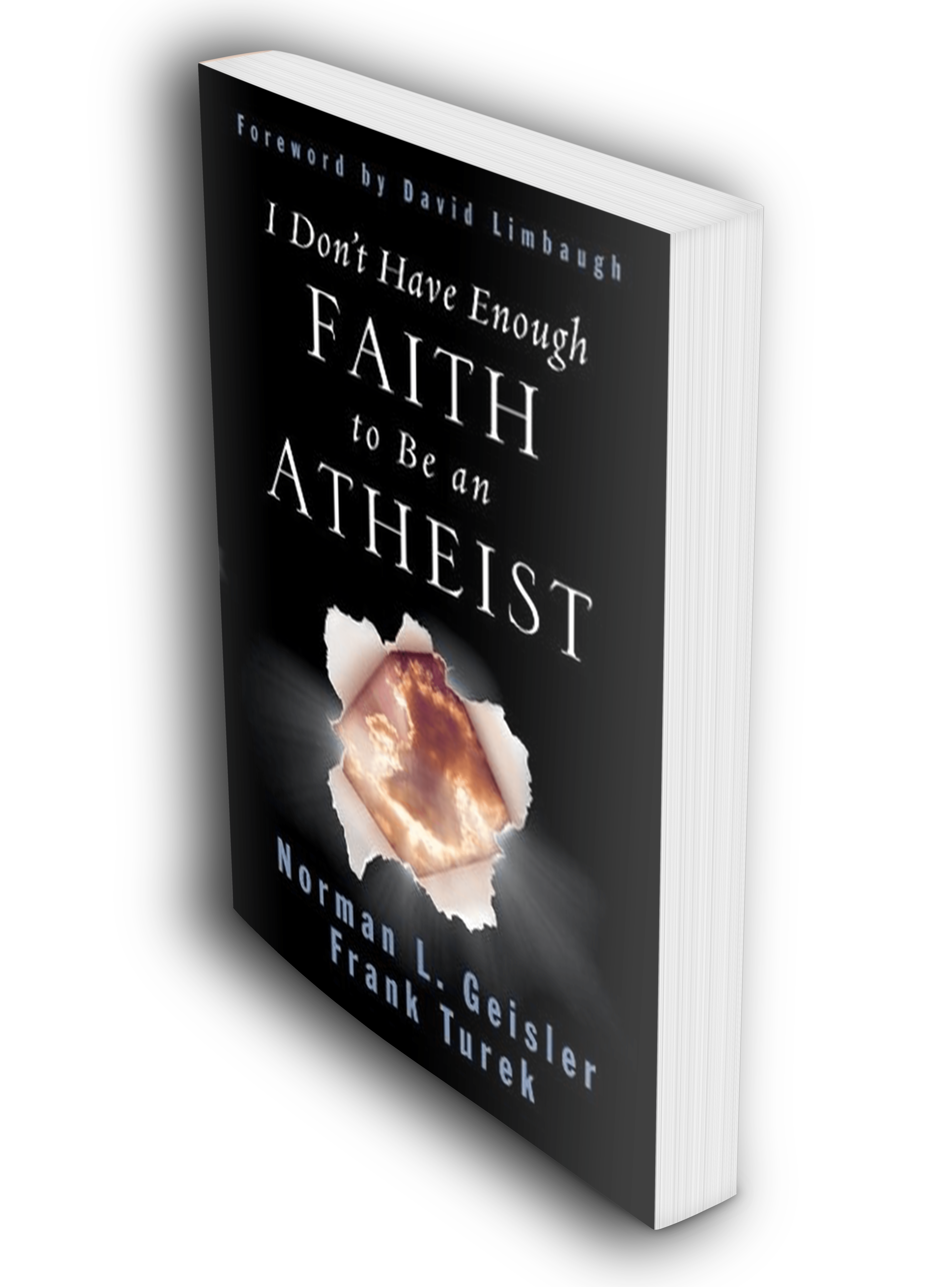
I Don’t Have Enough to Be an Atheist (Book)
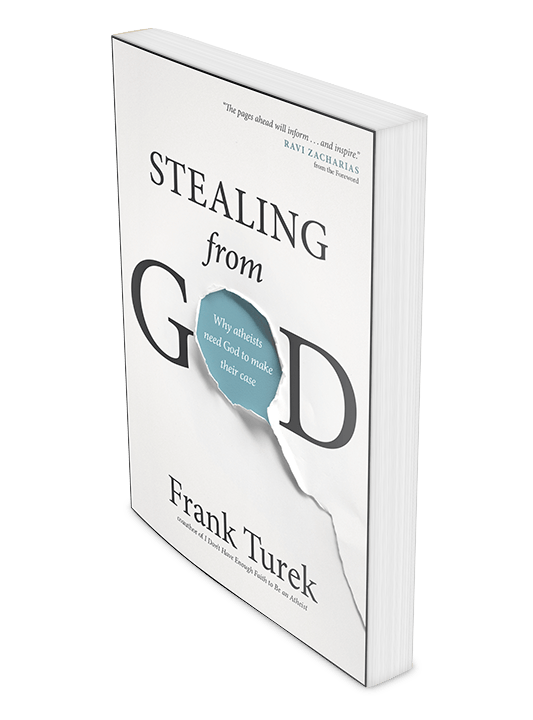


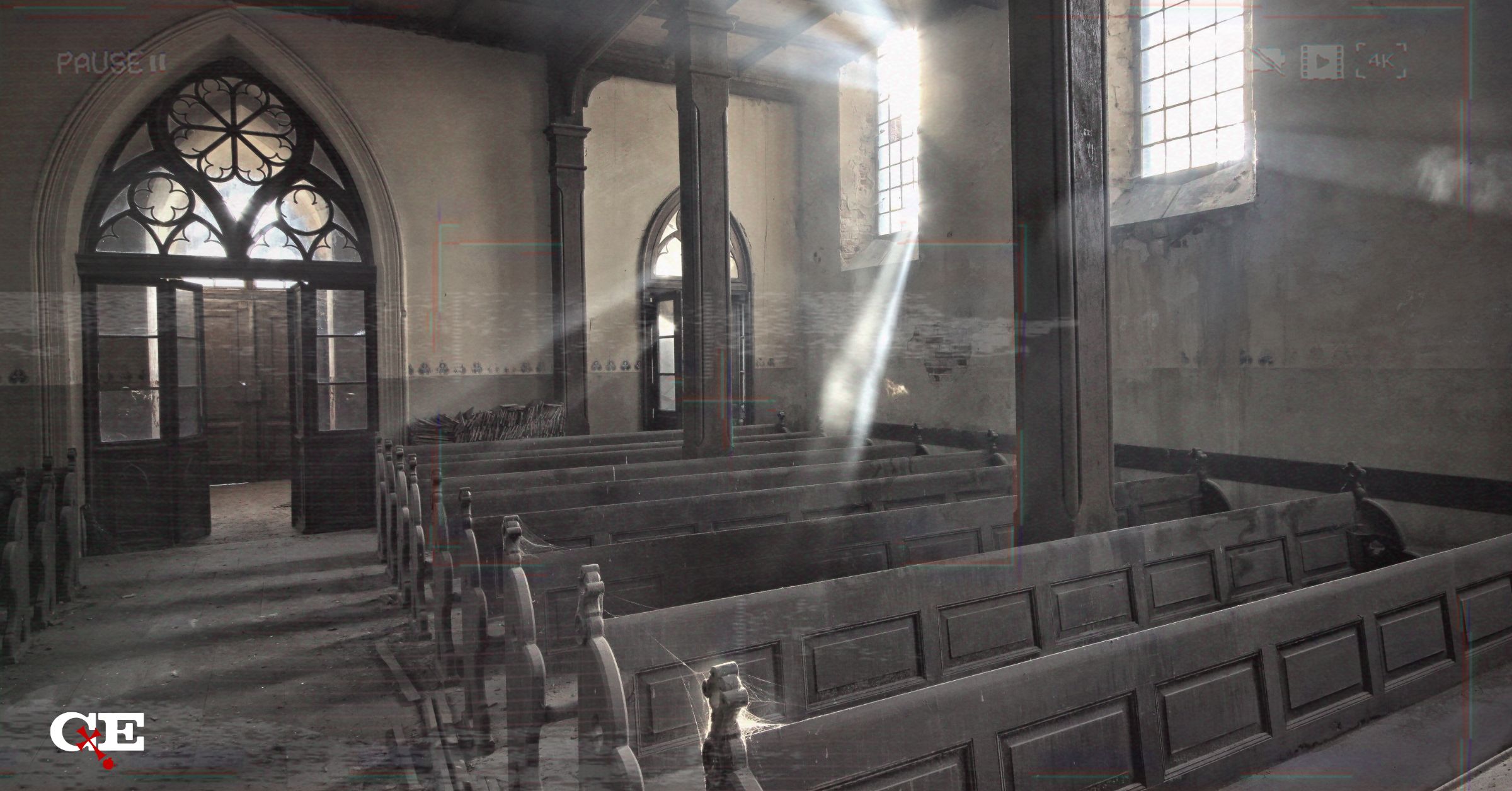


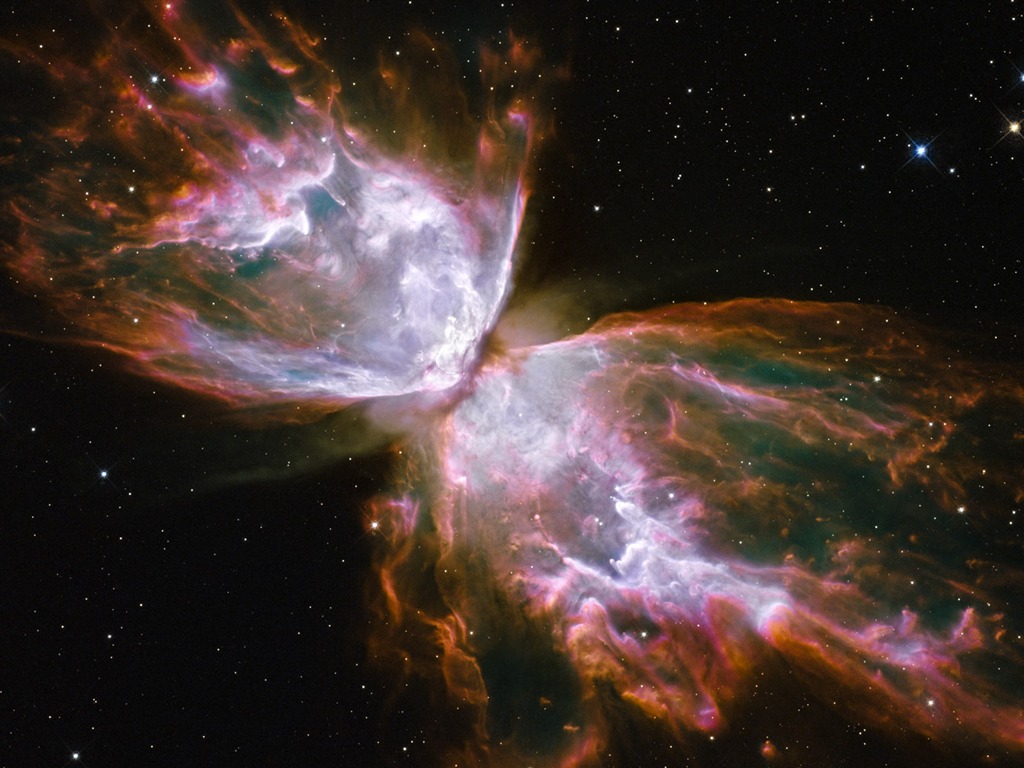



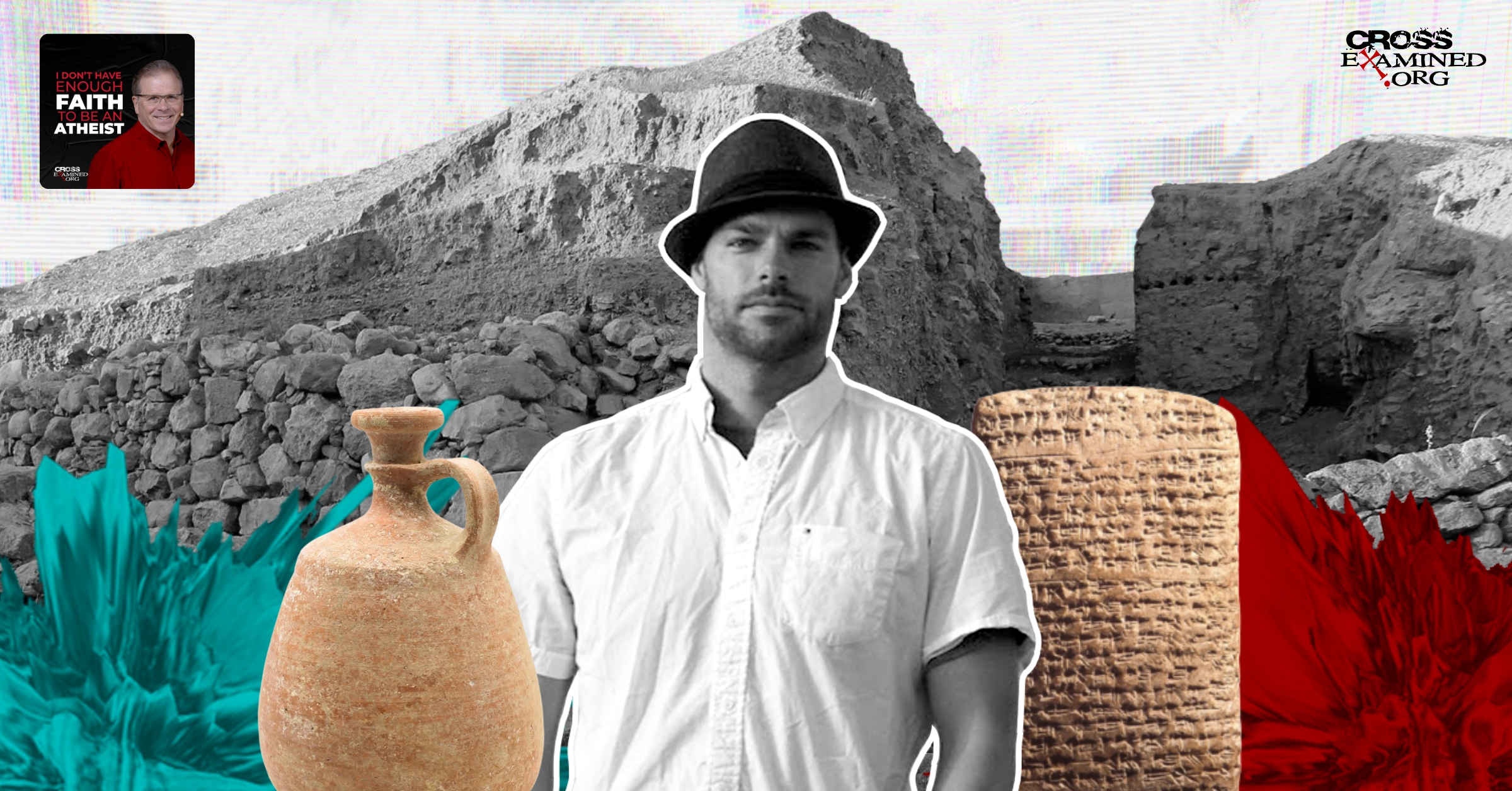


Leave a Reply
Want to join the discussion?Feel free to contribute!